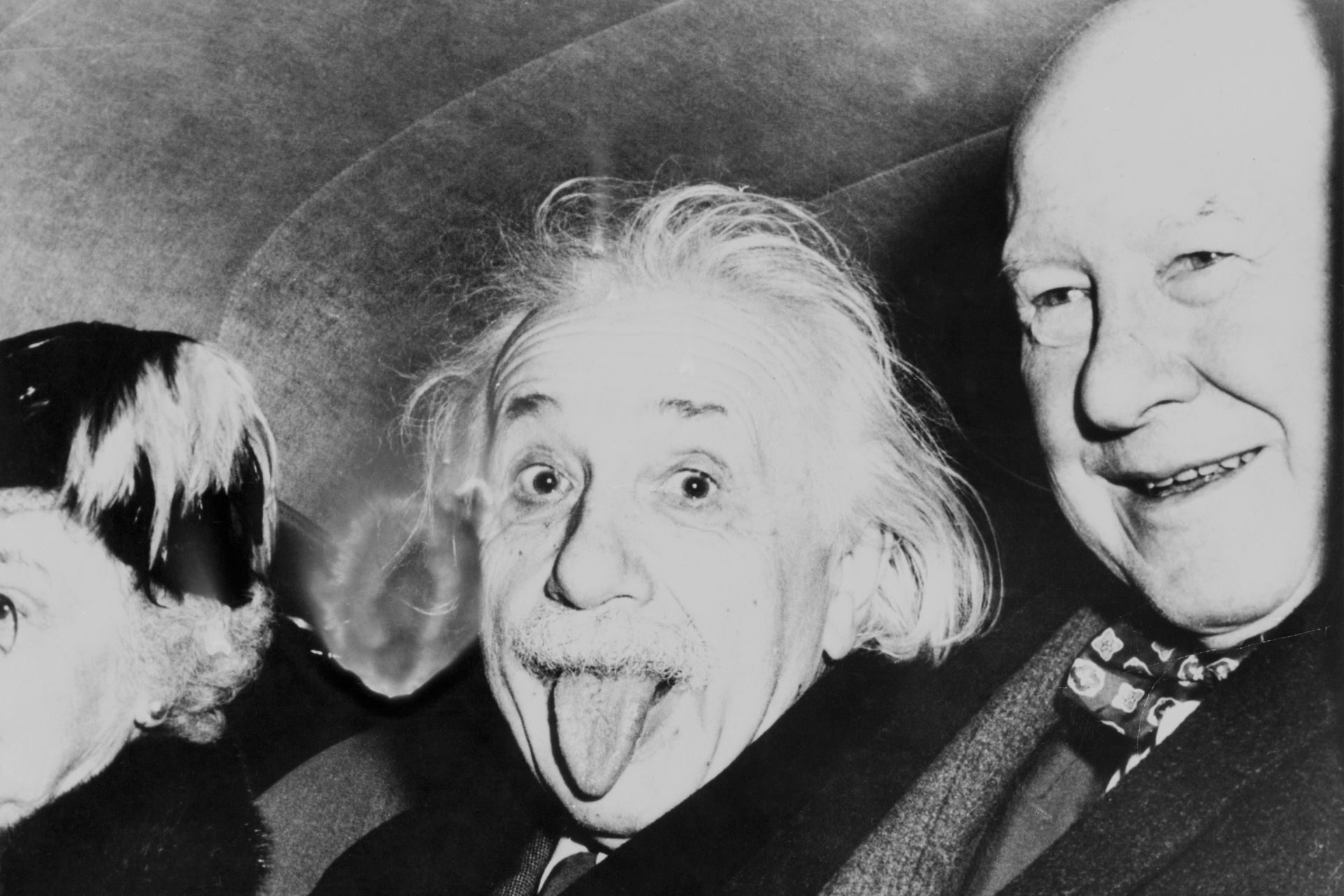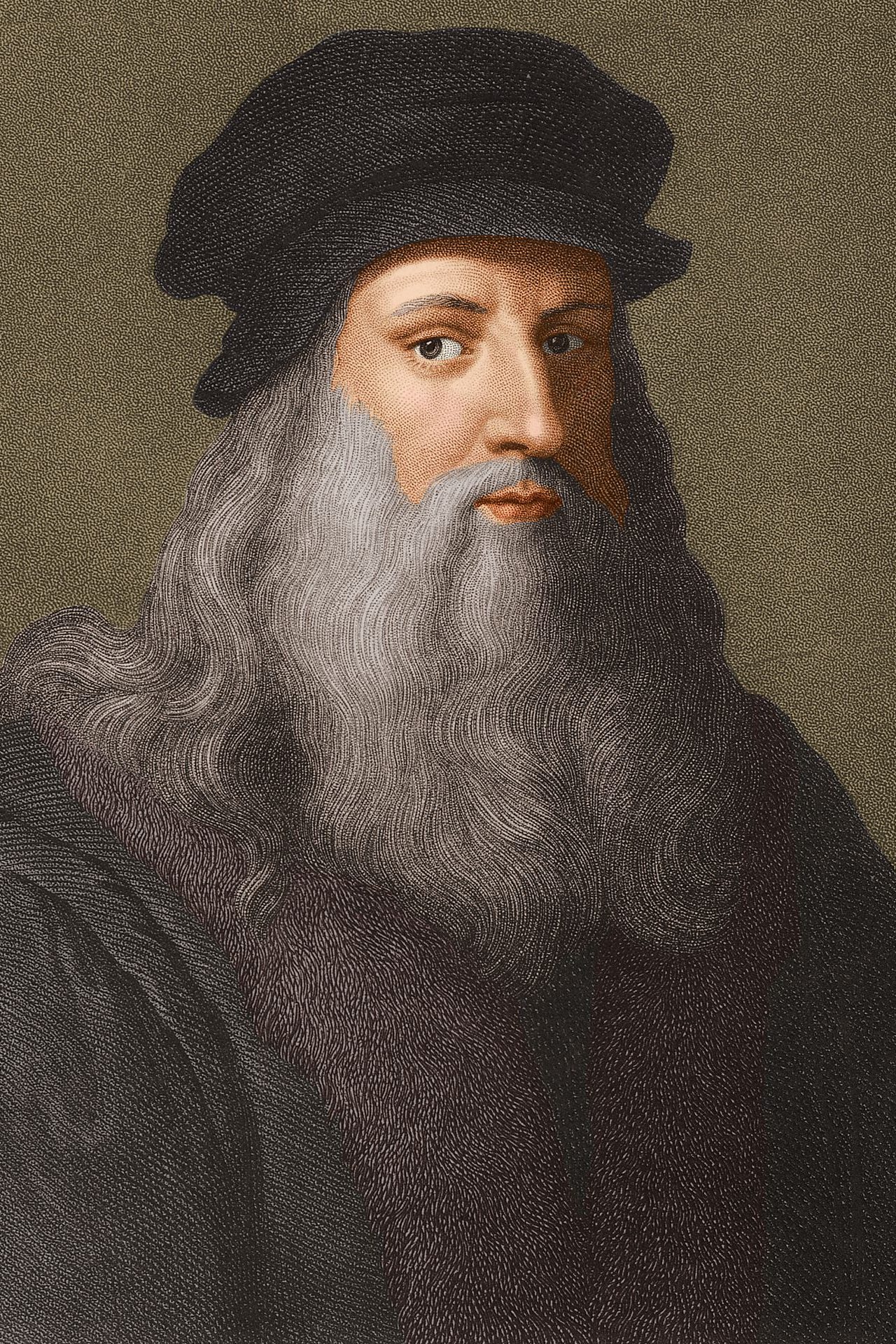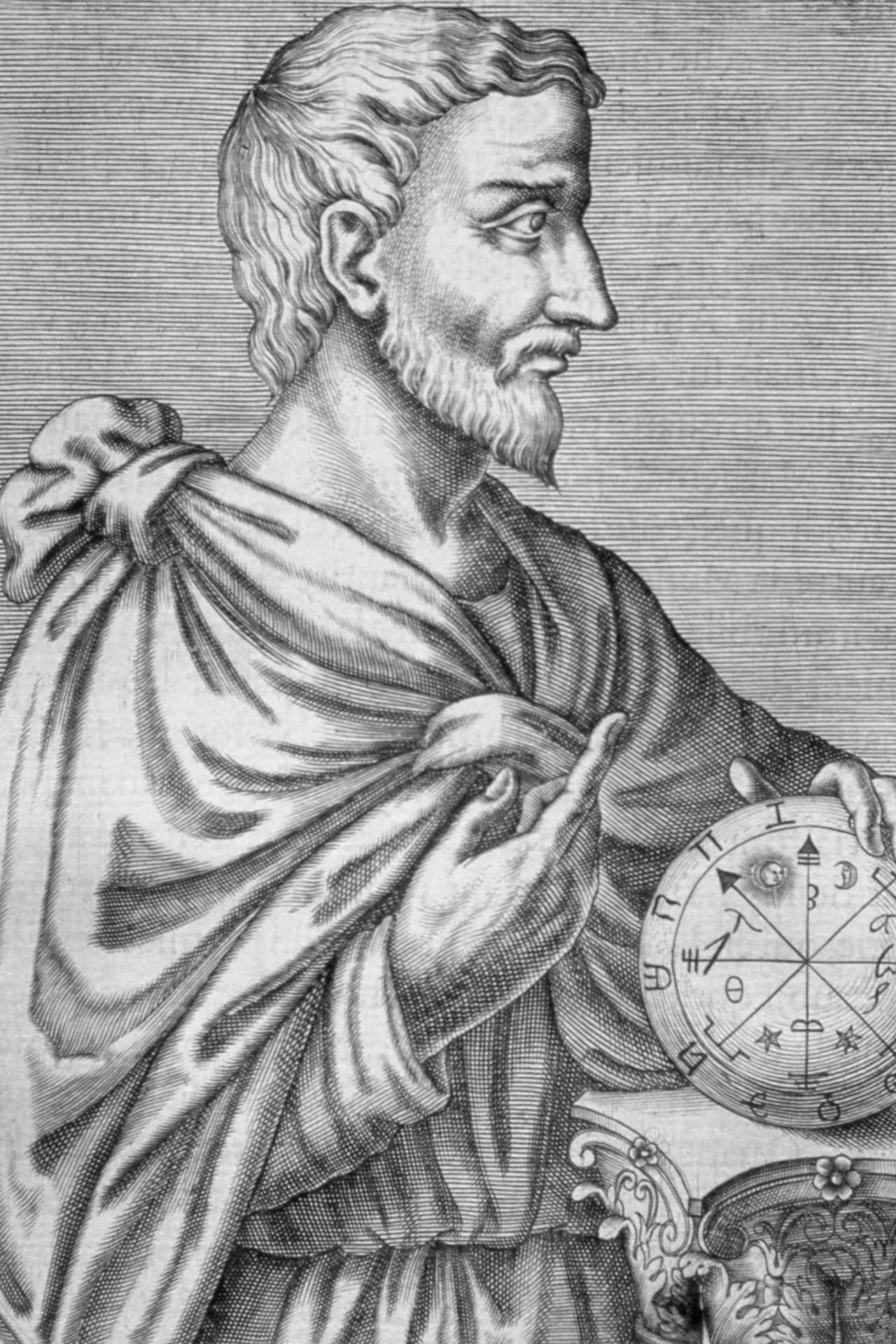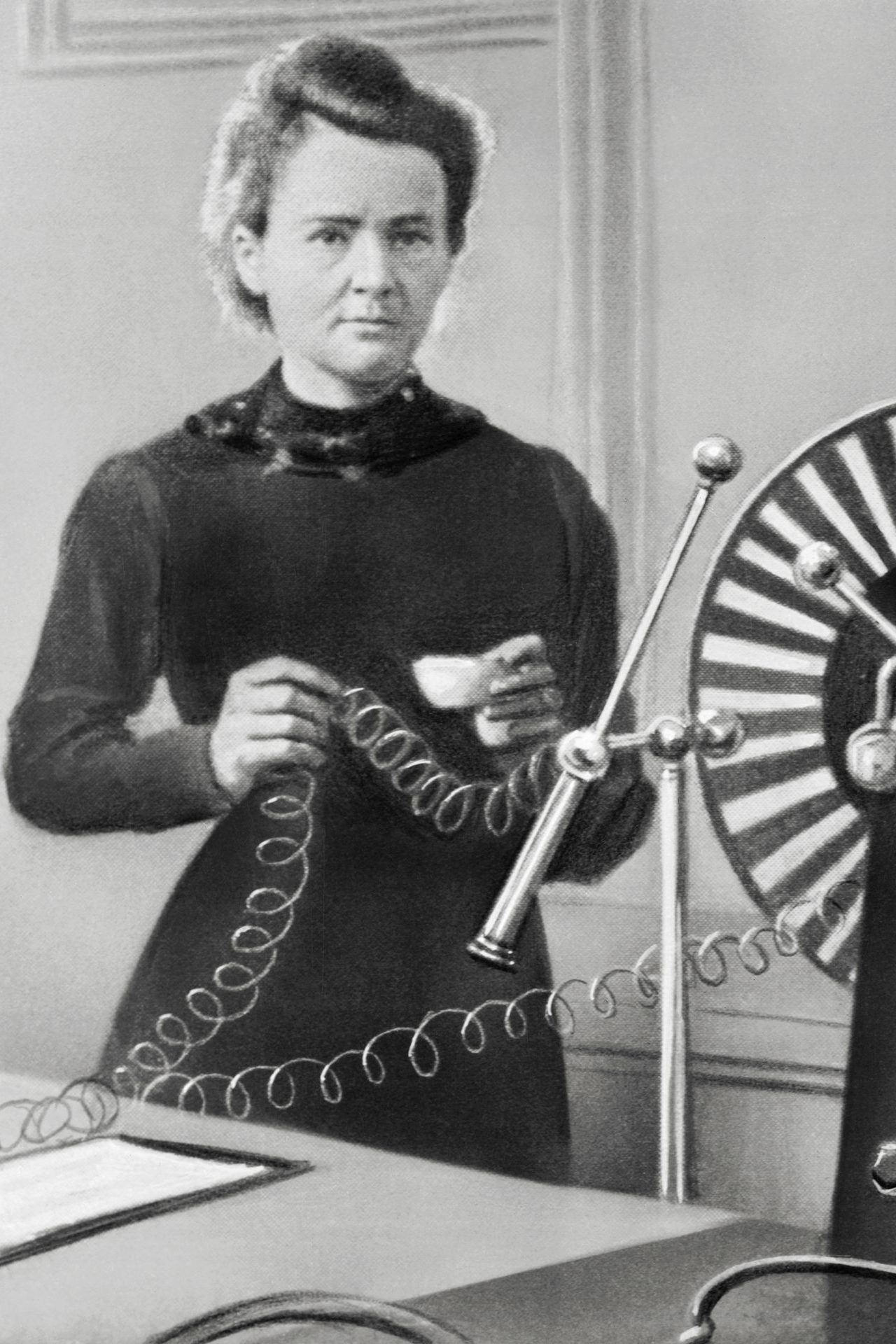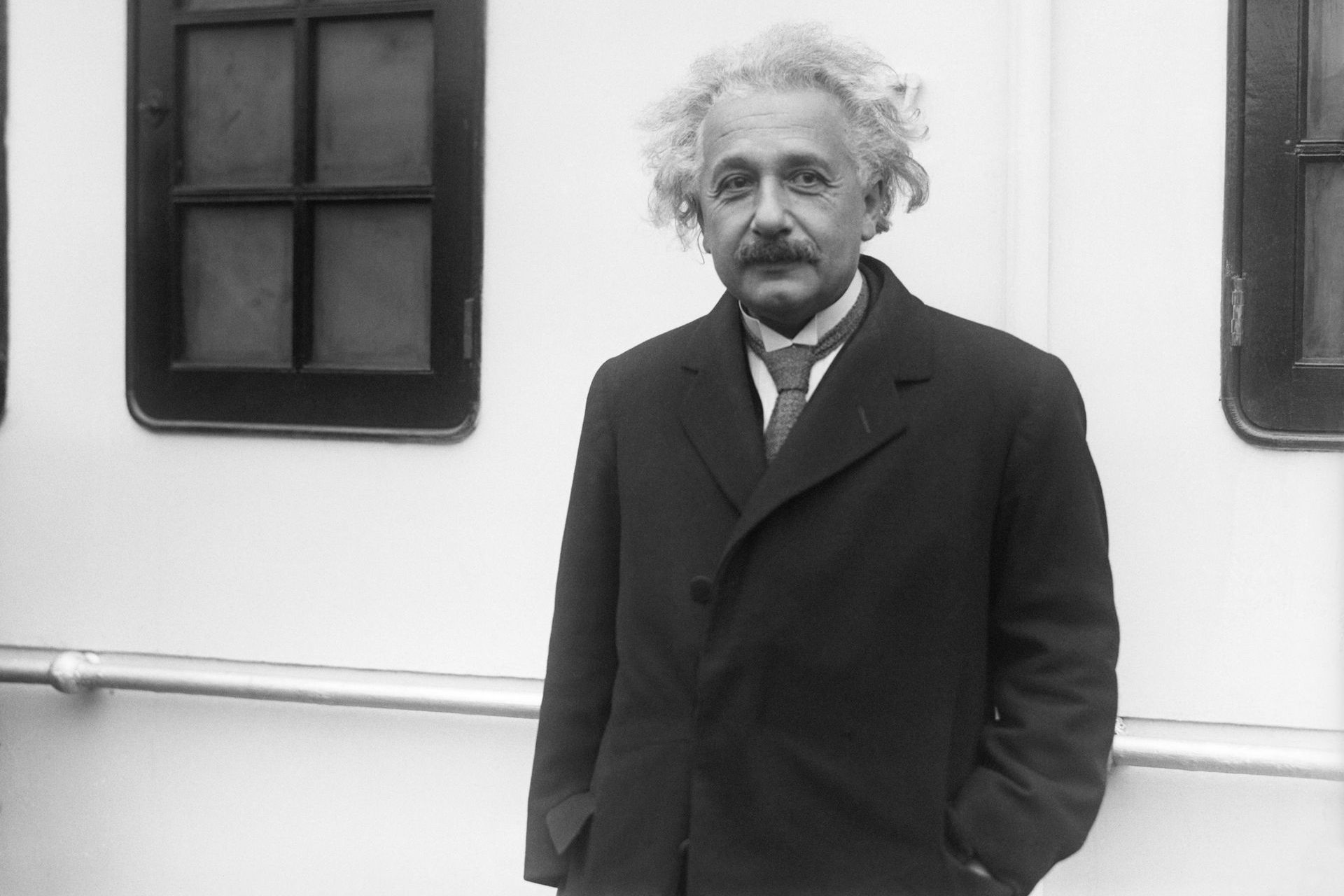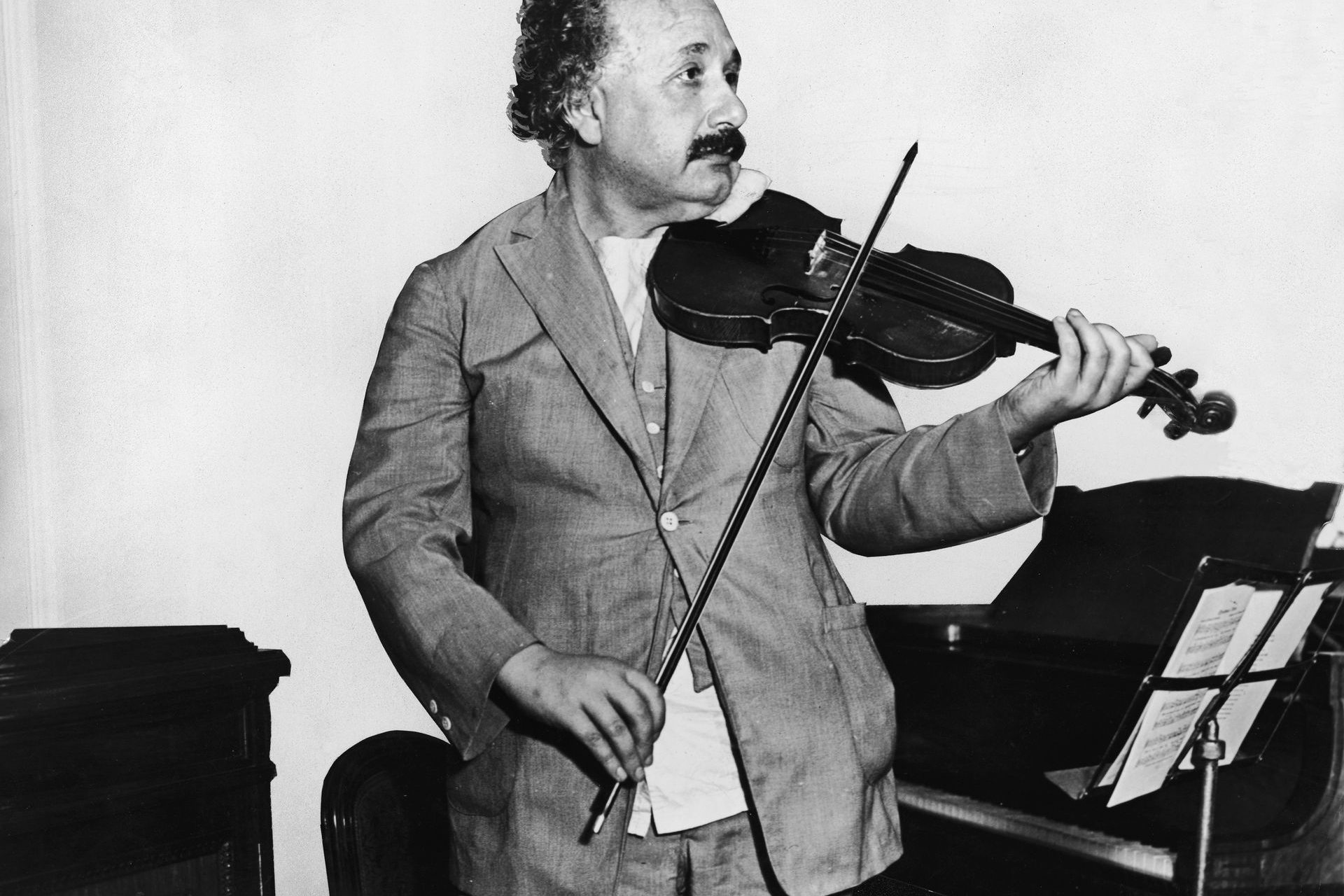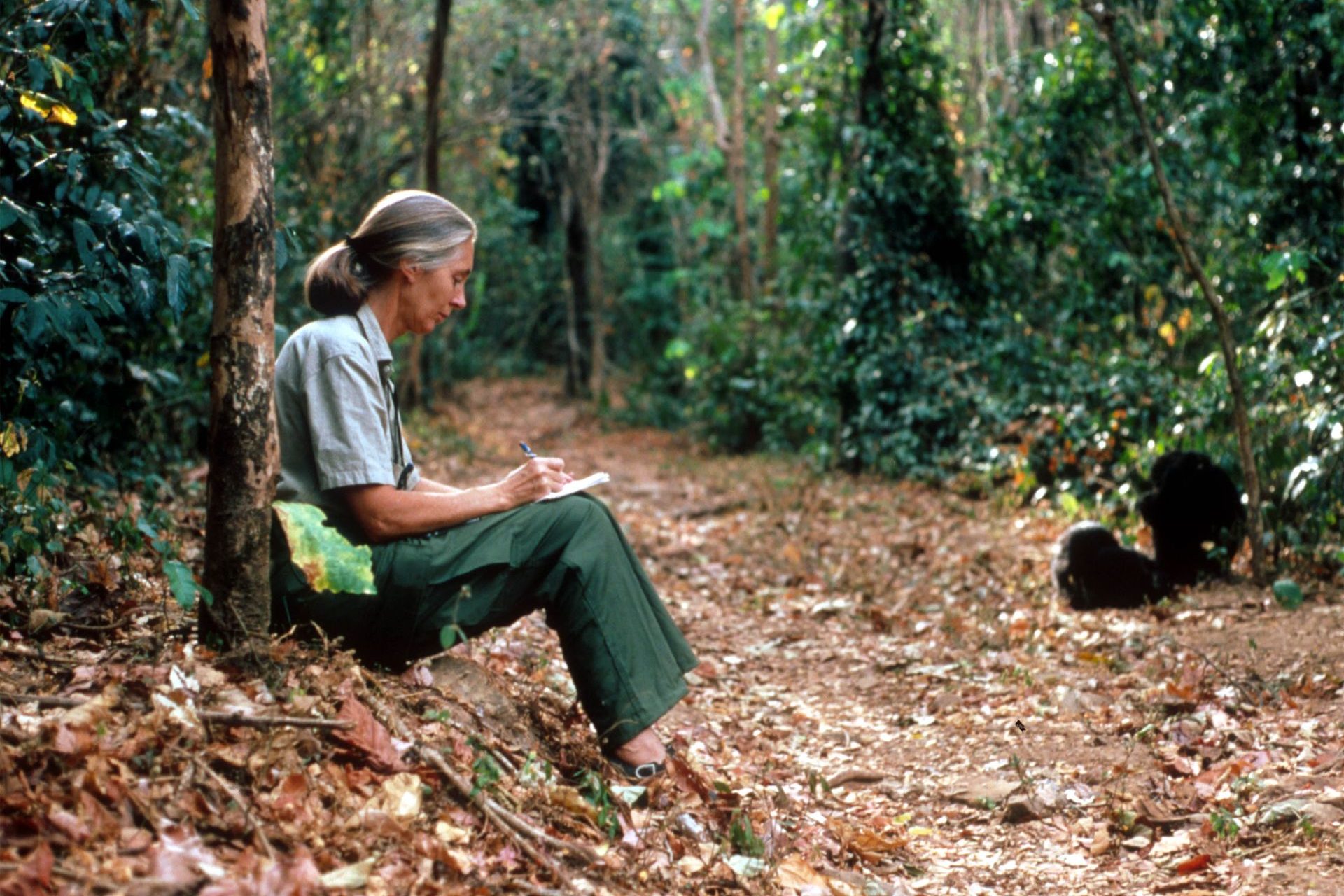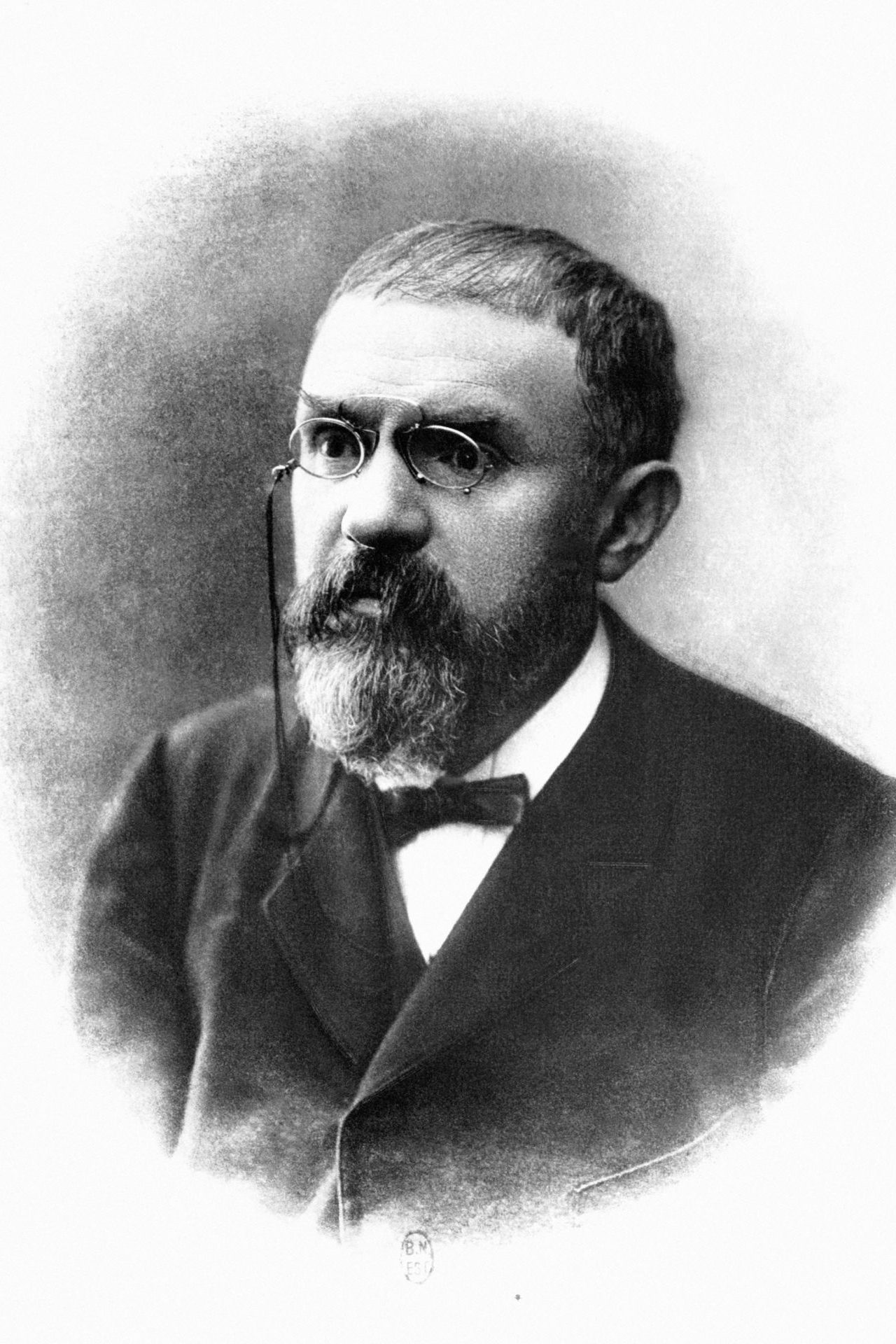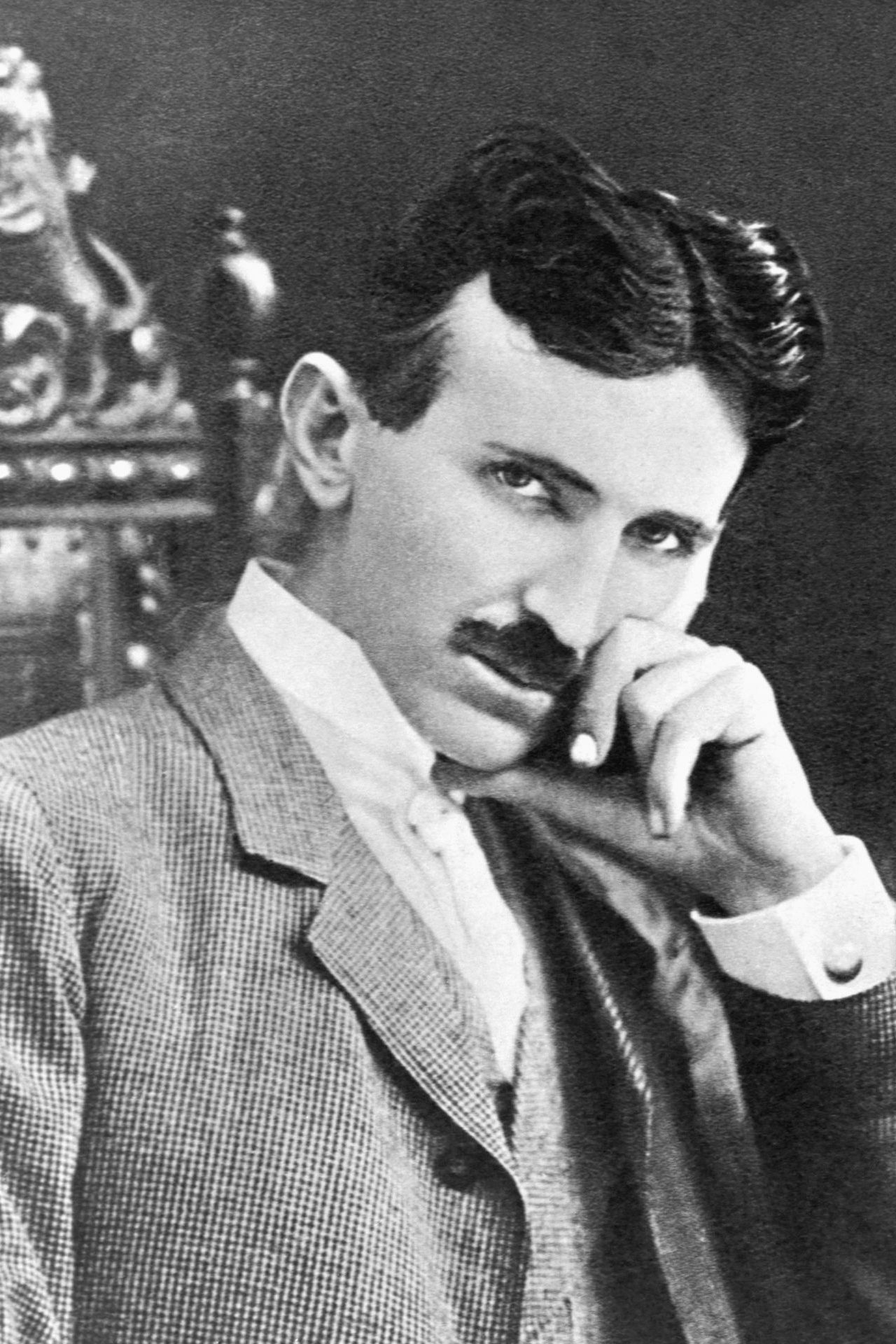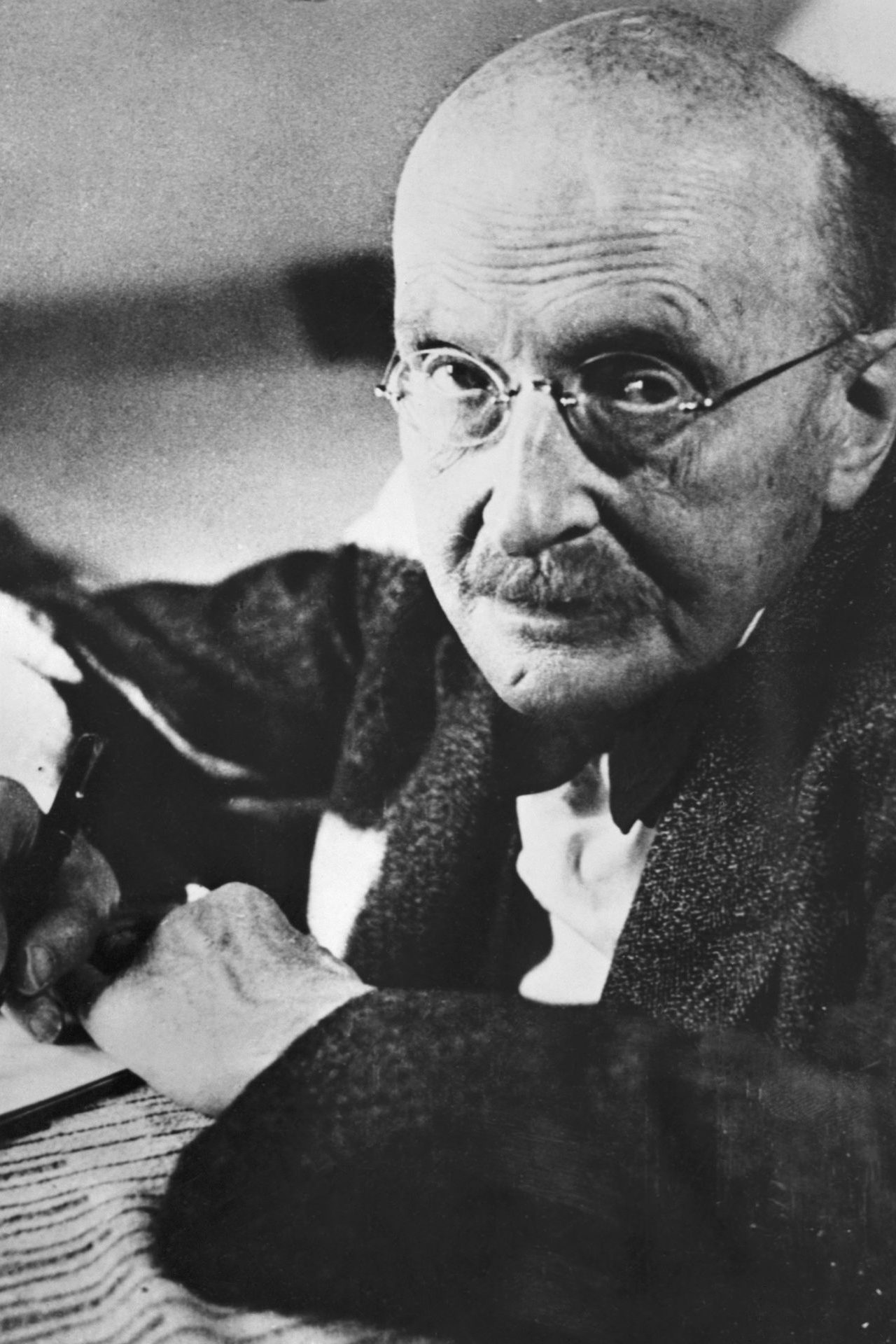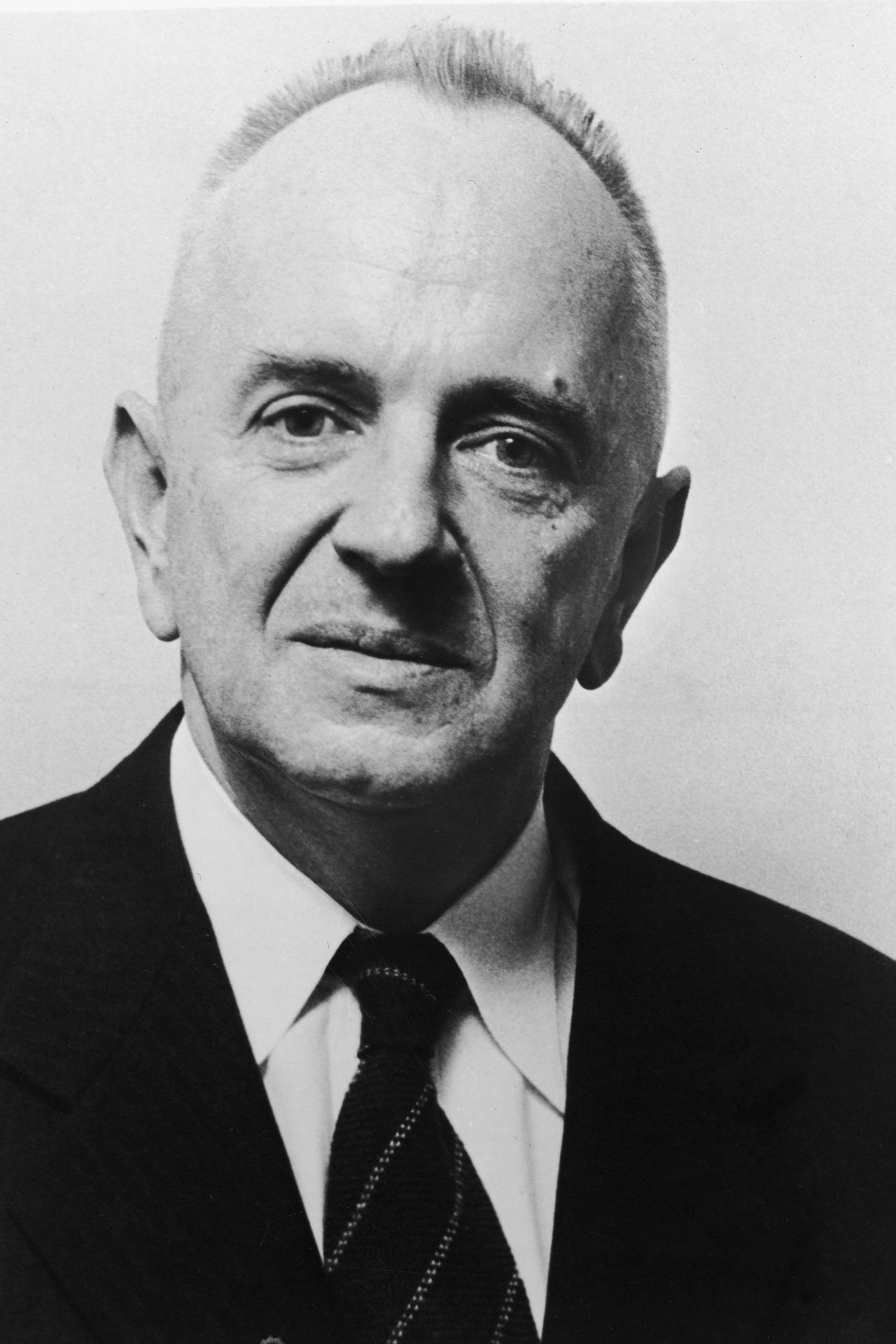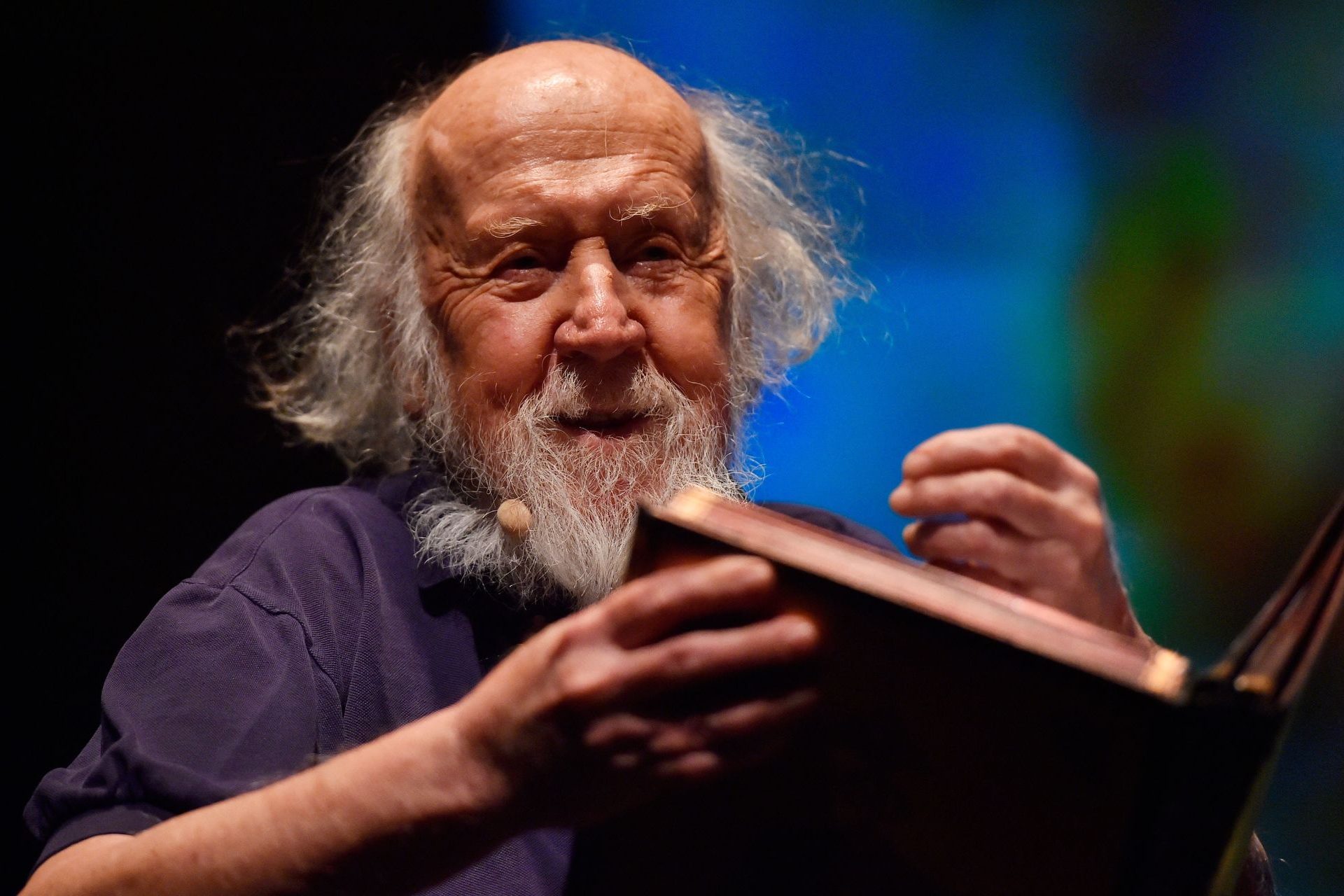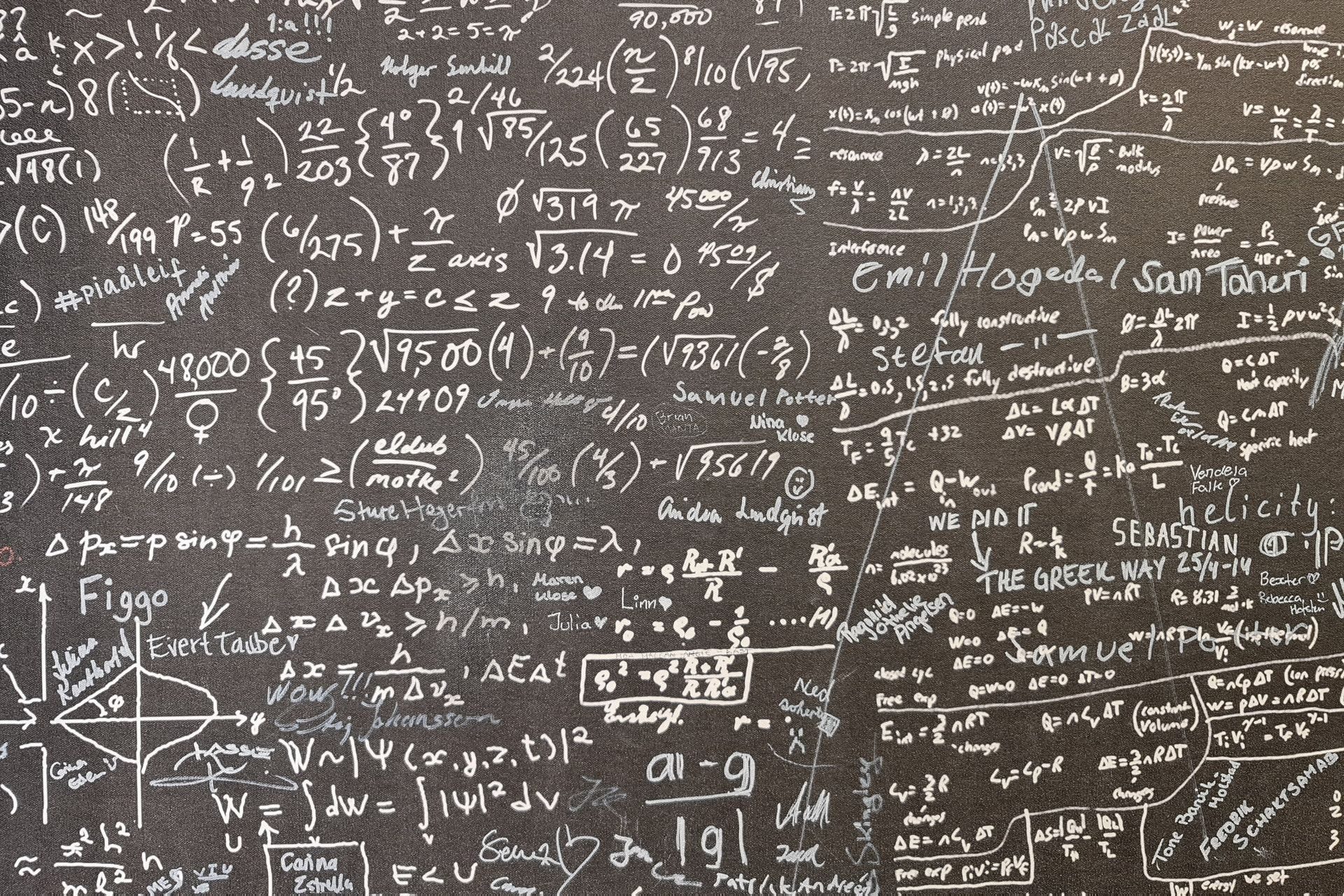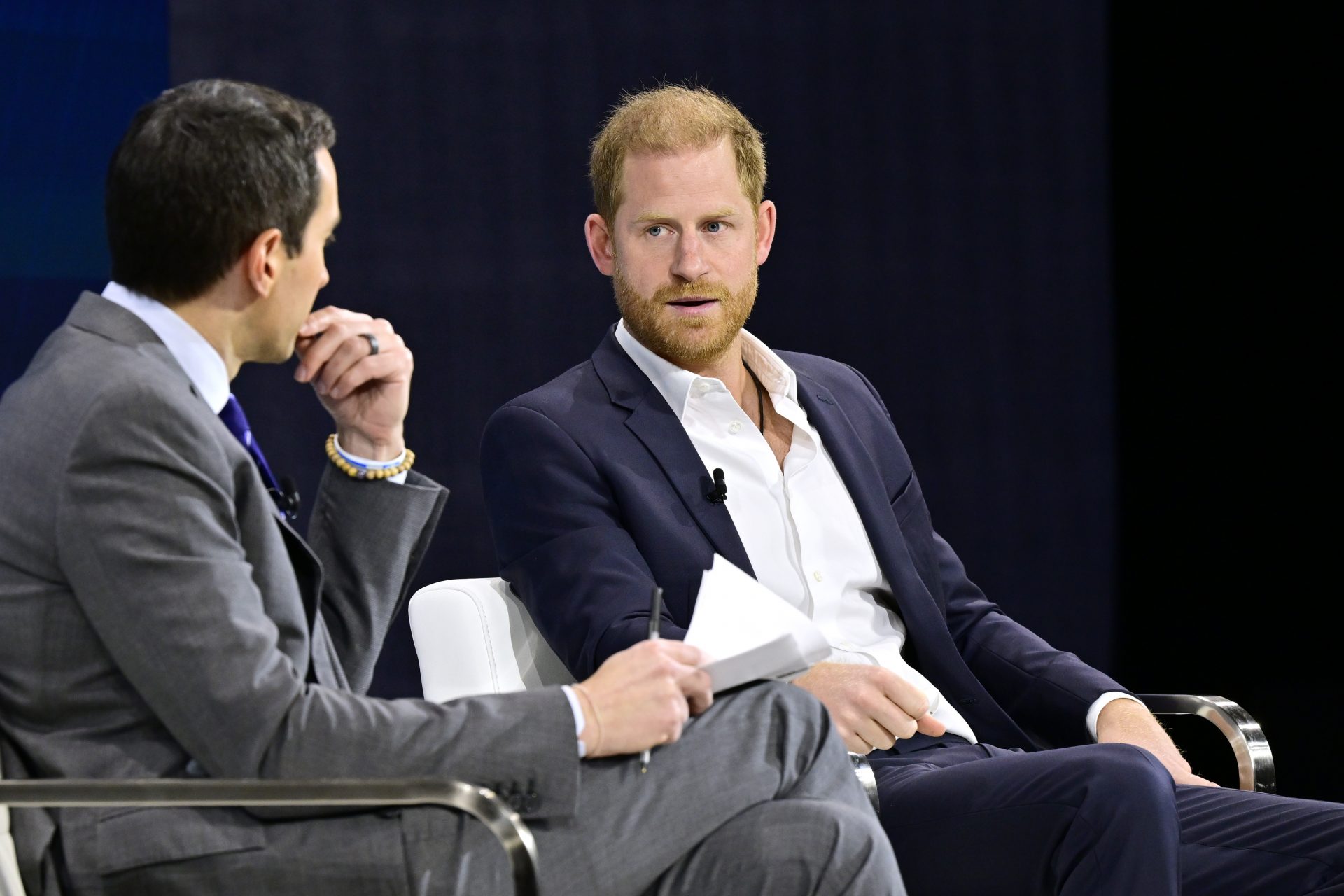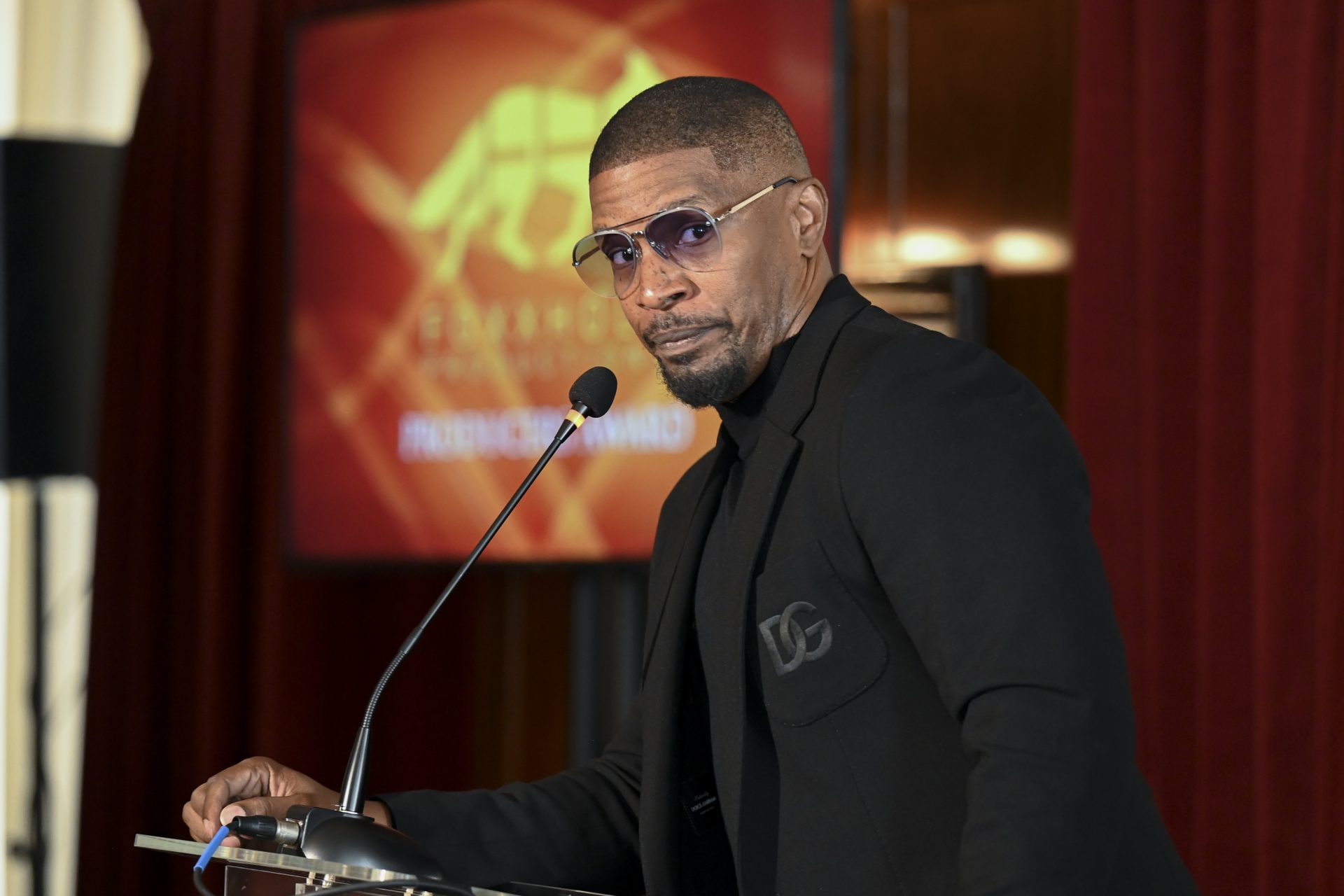Food for thought: 20 quotes from great scientists
Isaac Newton, Albert Einstein, Marie Curie... There are so many great names in the history of science, famous for their discoveries but also for unforgettable quotes. Here are some of them.
Follow Showbizz Daily to stay informed and enjoy more content!
Here is a thought-provoking quote attributed to the Italian Renaissance master of arts and sciences, Leonardo da Vinci.
Louis Pasteur, famous for developing the rabies vaccine at the end of the 19th century, agreed with Leonardo DaVinci. He, too, reminds us of the importance of thorough work in the process of scientific discovery. No 'Eureka' moment is reached with little preparation.
Author of numerous novels glorifying the scientific and technological progress of his time, Jules Verne is often credited with this quote. He strongly believed in the capability of people to achieve anything they set their minds to.
Image: Cristian Soriano / Unsplash
This brief lesson in wisdom is said to have been written in the 6th century B.C.E. It is attributed to the Greek mathematician and thinker Pythagoras. A sentence that high school students all over the world still know today.
According to historical tradition, the astronomer Galileo Galilei, persecuted by the Church for his visionary discoveries, said this sentence after he was convicted. He insisted that the Earth is neither standing still nor at the center of the universe.
The physicist and chemist Marie Curie, the first woman to win a Nobel Prize, used this sentence to recall scientists amazement at the phenomena they observed.
Albert Einstein, the scientific legend behind the theory of relativity, emphasized the need to keep an open mind and not get caught up in dogmas and ineffective methods.
As demanding as he was in his scientific work, Einstein also knew the importance of enthusiasm and lightness in maintaining a fertile mind.
This is a modest admission by the English scientist who lived between the 17th and 18th centuries and is famous for his theory of universal gravity. Newton also founded classical mechanics and calculus. However, as he says here, he couldn't have done it without the achievements of his predecessors.
Image: K Mitch Hodge / Unsplash
Another famous quote from Newton. He reminded us of the need for constant diligence to achieve indisputable knowledge. It is also worth noting that he believed in a God that had created the world.
The ethologist (specialist in behavioral research of primates) summarizes in this sentence the influence we can all have through our beliefs and our actions.
Blaise Pascal, a genius of science and thought in the 17th century, challenged his readers not only to invoke the necessity of doubt but also to doubt themselves.
This French physicist and philosopher of science claimed that believing in everything and believing in nothing were two sure ways to avoid dealing with reality.
Nikola Tesla, an American engineer of Serbian origin, famous for his contribution to the development of alternating current, perfectly summarized his scientific vision of the world here.
In this quote, the German physicist provides an optimistic observation that the passage of time (almost) always leads to the right ideas winning out.
Follow Showbizz Daily to stay informed and enjoy more content!
Theodosius Dobzhansky, a US-naturalized Soviet biologist and proponent of the synthetic theory of evolution, was also an ardent critic of theories based on the creation of the universe by a god.
In this way, the astrophysicist and passionate science educator Hubert Reeves, who died in October 2023, reminded us of the paradoxes of religion and human nature.
Euclid, a pioneer of mathematics in ancient Greece, shows the need for evidence in the development of reliable knowledge. However, the origin of this quote was never definitively proven to be his.
Image: Thomas T / Unsplash
This quote, attributed to Antoine Lavoisier, the pioneer of modern chemistry, refers to the continuity and conservation of mass despite changes in the state of the matter.
As the father of the encyclopedia who also contributed to the advancement of algebra in the 18th century, D'Alembert says that a true researcher is never satisfied with what he finds.

